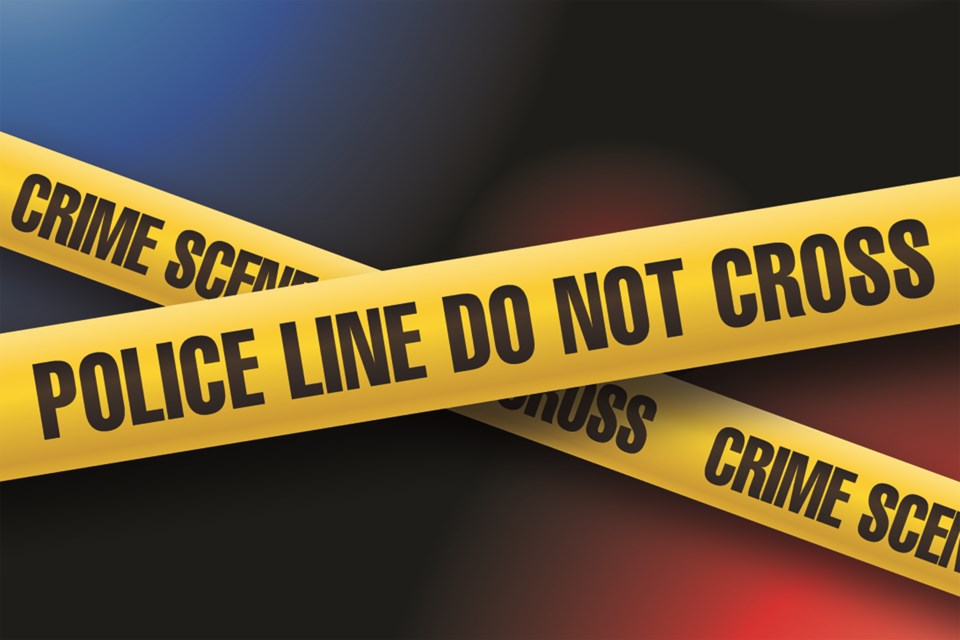Statistics Canada — through the Canadian Centre for Justice — has released data ranking Canadian municipalities on the Crime Severity Index (CSI) for 2020, with Moose Jaw placing 59th out of 325 communities with a population greater than 10,000.
The index refers to a measure of police-reported crime that reflects the seriousness — violent or non-violent — of individual offences, tracks changes in crime severity, and gives a weighted rating to each incident. For example, a minor theft could be rated a one and a murder could be rated 1,000.
Nationally, Thompson, Man., placed first again with an overall CSI ranking of 454.03. The first Saskatchewan community on the list was North Battleford in second place with a CSI score of 421.52, while Prince Albert was 13th, Yorkton was 36th, Saskatoon was 45th, Regina was 53rd, Weyburn was 57th, Estevan was 59th, and Moose Jaw was 59th with a score of 104.28.
In 2019, Moose Jaw was ranked 51st nationally — with a score of 110.35 — and fourth provincially.
“We’re quite happy to see that those numbers have come down significantly. We do know they have (also) come down across the country; we are not unique here,” said Police Chief Rick Bourassa. “… this is good news that overall victimization has decreased in the community. And we will continue to work on the initiatives we have started to keep this moving forward.”
The Moose Jaw Police Service (MJPS) tracks these yearly data sets since the information helps it determine the issues on which to focus, he said. These numbers also allow the organization to compare the community with other jurisdictions.
The long-term trends showed that Moose Jaw’s CSI nearly doubled from 2013 to 2018, he continued. So, the MJPS used the data to pursue projects that could help pinpoint the underlying causes of the violence.
One initiative was creating the Police and Crisis Team (PACT) units, while another initiative focused on illicit drugs and related behaviours.
Even though this work occurred, there is not enough information to say there is a definite cause and effect relationship, although there is a correlation, said Bourassa. For example, with increased police officers, Moose Jaw’s CSI ranking has dropped, while the number of crimes reported has also decreased.
One challenge with the 2020 data is that lockdowns occurred and caused massive societal change, he added. That could mean this data is an anomaly compared to other years.
The Statistics Canada report for 2020 shows Moose Jaw’s overall CSI ranking of 104.28 is down from 121.4 in 2018 or a 14-per-cent decline.
Broken down, the community’s violent CSI rating last year was 69.76 or 140th in Canada — a decrease in rating from 100.4, or roughly 30 per cent from two years ago — while its non-violent CSI rating was 116.44 or 43rd in Canada, a decrease in rating from 125.58 or roughly seven per cent.
While Moose Jaw’s overall CSI value decreased in 2020, it had increased since 2013, according to the MJPS. From 2013 to 2018, the values were 98, 91, 99, 116, 107, and 121.
The community’s violent CSI ranking had also been on the rise. From 2013 to 2018, the values were 45, 57, 69, 84, 73, and 100.
The decreases in Moose Jaw’s CSI ranking in 2019 and 2020 align with what’s happening across Canada, said Bourassa. When that happens, it indicates something is happening globally as well.
It’s premature to speculate why Moose Jaw’s CSI ratings have decreased the last couple of years, although the COVID-19 pandemic may have played a part last year in disrupting the public’s usual pattern, he added. Criminologists will likely study this situation to determine why CSI numbers decreased in various locations.




